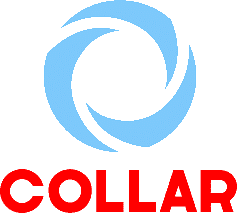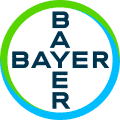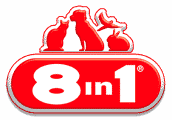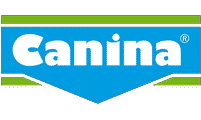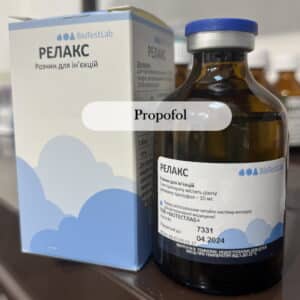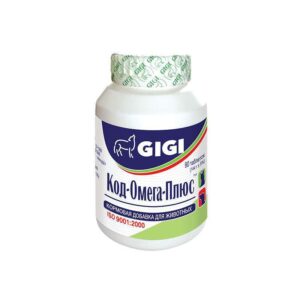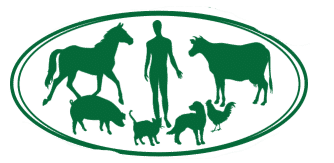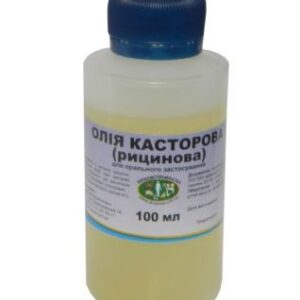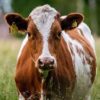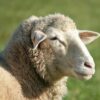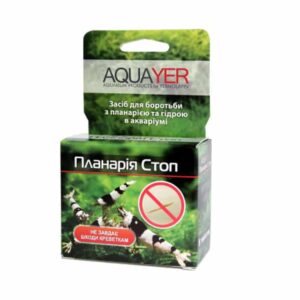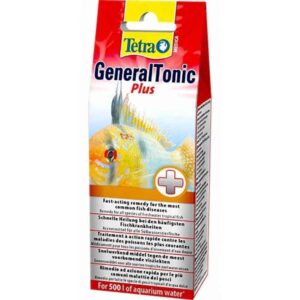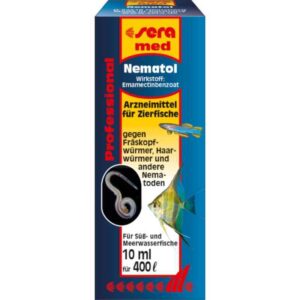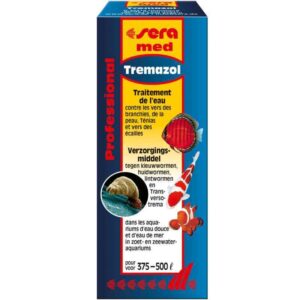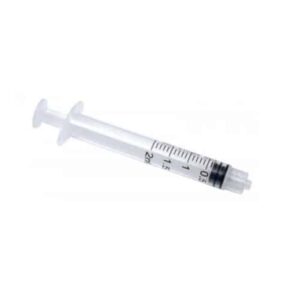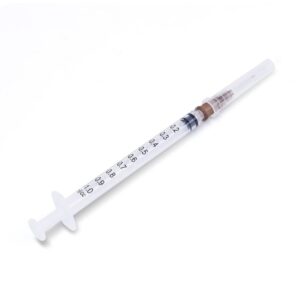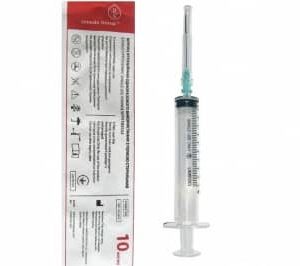 When it comes to eating, sometimes dogs have weird preferences like eating dirt, for instance. A dog is more likely to eat dirt just because it seems like a reasonable activity in its free time, however, there might be other real medical reasons behind such behavior.
When it comes to eating, sometimes dogs have weird preferences like eating dirt, for instance. A dog is more likely to eat dirt just because it seems like a reasonable activity in its free time, however, there might be other real medical reasons behind such behavior.
Why Do Dogs Eat Dirt?
Key reasons causing dogs to eat dirt or non-food items are boredom and stressful situations. A bored dog might smell something and check it out of curiosity, a stressed dog handles pressure likewise by chewing something different from its regular meal.
Anemia
A dog is considered to be anemic due to a decreased number of red blood cells count or a low concentration of hemoglobin in the blood. Hemoglobin is made up of 2 key components: protein which binds oxygen and carries it to cells and tissues, and iron which is essential for blood production. Your dog can be either anemic due to a lack of red blood cells, or lack of hemoglobin. Both issues result in a strong need to eat dirt. Logically, your dog would be trying to get some iron from the soil in order to fight anemia.
Gastrointestinal Disorders
Disorders of the digestive system may also become a reason for your dog to eat some mud. Dirt might be especially appealing for the dogs suffering from irritable bowel syndrome, parasite infestations, and liver or gallbladder dysfunctions. It’s a well-known fact that like the grass is the remedy to calm down a dog’s upset stomach, dirt and non-food items are a remedy to soothe the digestive tract.
Nutritional Imbalances
Dirt might be an attractive target for a dog with a nutritional imbalance in its diet. A dog with such an issue is especially interested in trying to get minerals from the soil. Improper diet, malabsorption syndrome in your dog’s GI tract may cause scarcity in nutrients. Commercially prepared pet foods always have to meet nutritional requirements for each pet life stage, which means providing all required nutrients in proper amounts in the correct ratios. This refers to the nutrition claim of AAFCO that indicates that the pet food should be nutritionally complete and balanced.
Worth knowing that currently AAFCO labels 2 meaningful life cycles: growth and reproduction, or maintenance. Growth and reproduction mostly relate to puppies and kittens or pregnant/birthing/lactating females, and maintenance to grown-ups and the elderly. By feeding your adult dog with meals specifically designed for adult dogs following their diet, nutritional imbalance is less likely to occur. As a rule, nutritional imbalance is a common disorder for dogs following a homemade diet. It is extremely challenging to prepare a meal including all the nutrients needed from the comfort of your home, doesn’t matter if it’s a raw or cooked product. There are specific vitamins to be included in your dog’s diet which are difficult to find and prepare. The right way to do is to, actually, consult with a Board Certified Veterinary Nutritionist who is able to analyze the nutritional value of the recipe, or even provides a set of go-to recipes.
Another disorder that causes nutritional imbalance, is malabsorption. When a dog suffers from it, it has troubles properly absorbing all the nutrients it needs from the diet. It means that even though you might feed your dog following a nutritionally rich and balanced diet, the dog will still not be able to get the right nutrients from its meal. Canine Exocrine Pancreatic Insufficiency, or EPI, is one of the most common malabsorption disorders. Due to this syndrome, pancreas does not secrete enough digestive enzymes needed to break down and extract nutrients from the food. This usually results in your dog’s increased hunger and weight loss. The causes for EPI can be acquired as the result of pancreatic infection or injury, congenital, or inherited. It is a common disease of German Shepherd breed, as shown by history, however other breeds might have this genetic illness, too.For example, Rough Coated Collies, Chow Chows, and Cavalier King Charles Spaniels have developed this hereditary disease.
How dangerous is eating dirt?
The odd dog’s habit of eating dirty items or soil should never be encouraged as it is completely unnecessary to put your four-leg friend’s health at stake. By swallowing soil, rocks, mud, pebbles, gravel, or a large volume of fill dirt, the dog risks getting intestinal obstruction or fecal impaction which require surgical procedures and adequate treatment. In reality, soil is not a homogeneous mixture with lots of sticks and sharp objects in it which puncture the linings of a dog’s mouth and traumatize the esophagus. Moreover, soil contains toxins, fertilizers, and pesticides leading to sickness, vomiting, diarrhea, seizures, etc. Also, a dog can ingest a parasite along with the mud or all sorts of things it’s not supposed to eat.
Ways to Stop Your Dog From Eating Dirt
As most dogs tend to eat dirt in moments of boredom, it is important for you, as for the owner, to create and develop the right environment and training so that the dog is able to change its habits. Regular workouts, quality time in the yard, daily strolls, and going for a run, can help significantly, as simple as that. Activities like agility, fly ball, or dock diving, work perfectly for higher energy breeds and dogs that need more mental stimulation. But if your dog is still misbehaving by seeking and eating stuff it shouldn’t, simply draw its attention and attract to a game or fetch. Last but not least, you are the boss and you are the one to kickstart your dog’s good behavior, that’s why working on the environment is essential. Start with keeping the dust down in the yard, keep your dog out of the flowerbeds, loose mulch, and other spots with high dirt concentration.
Eating wrong stuff is not always only a character trait, it can also be a sign of underlying health conditions. If your dog tends to eat dirty items, first have your dog checked with the vet to make sure no hidden medical issues have occurred.



